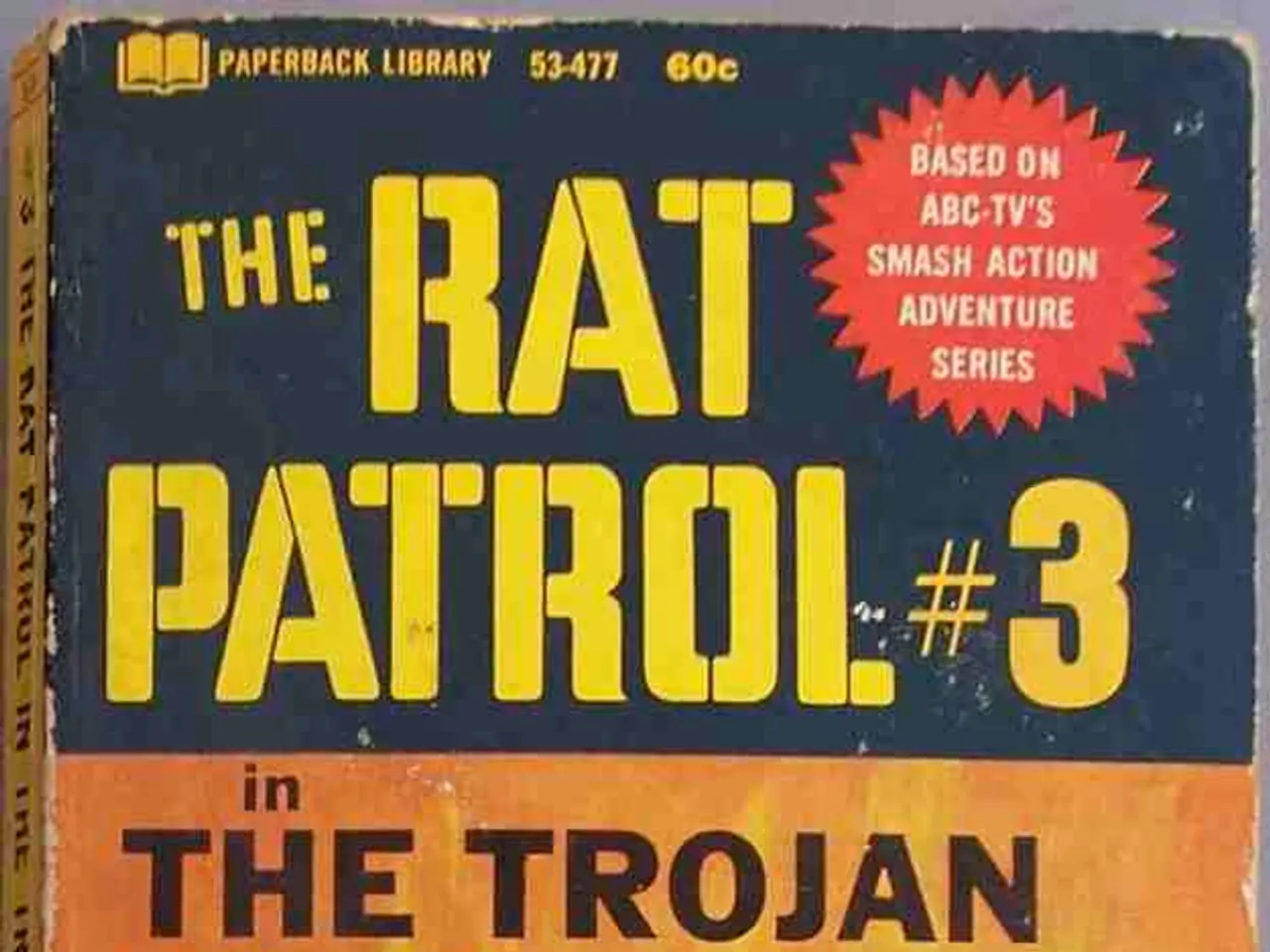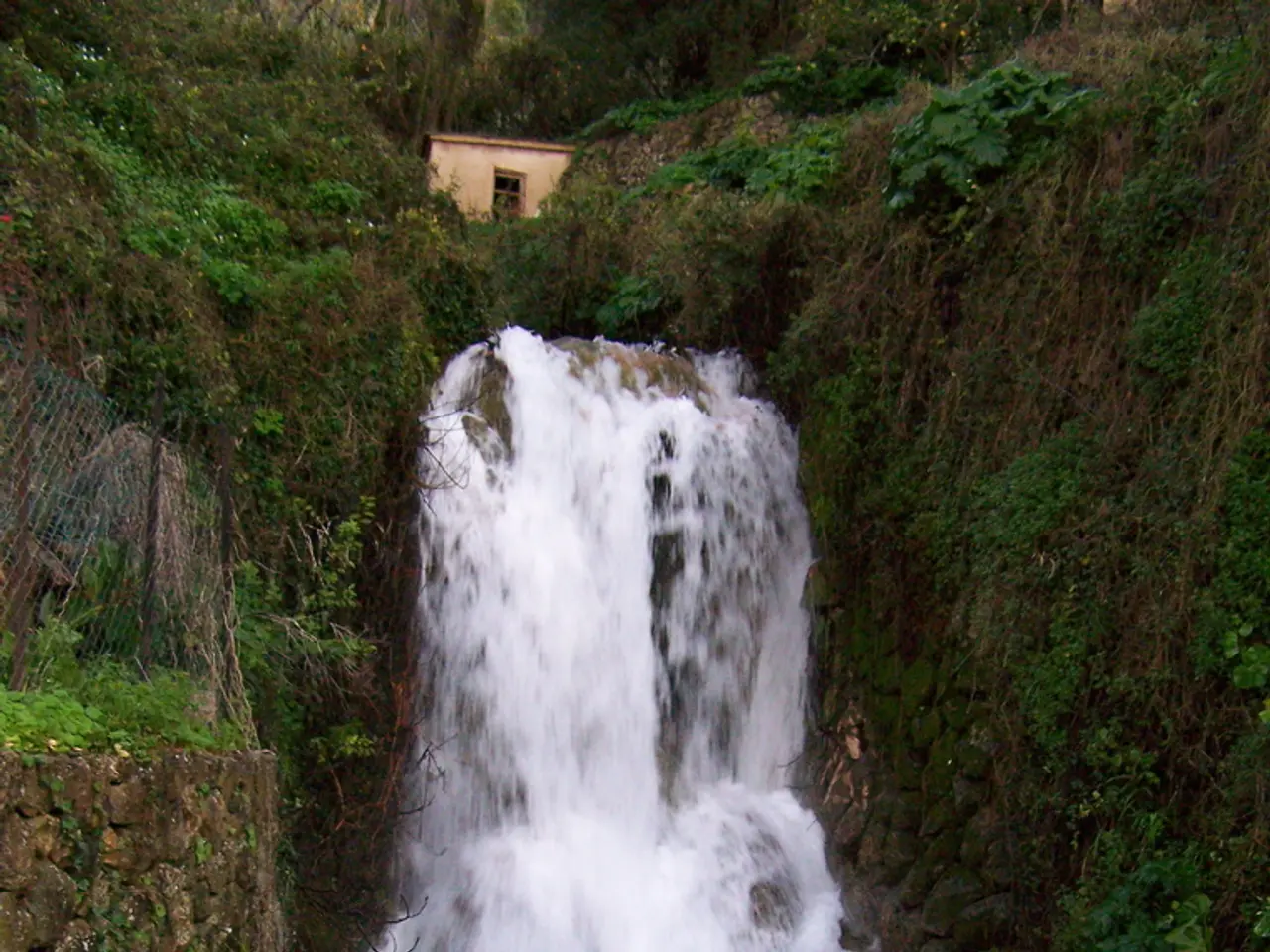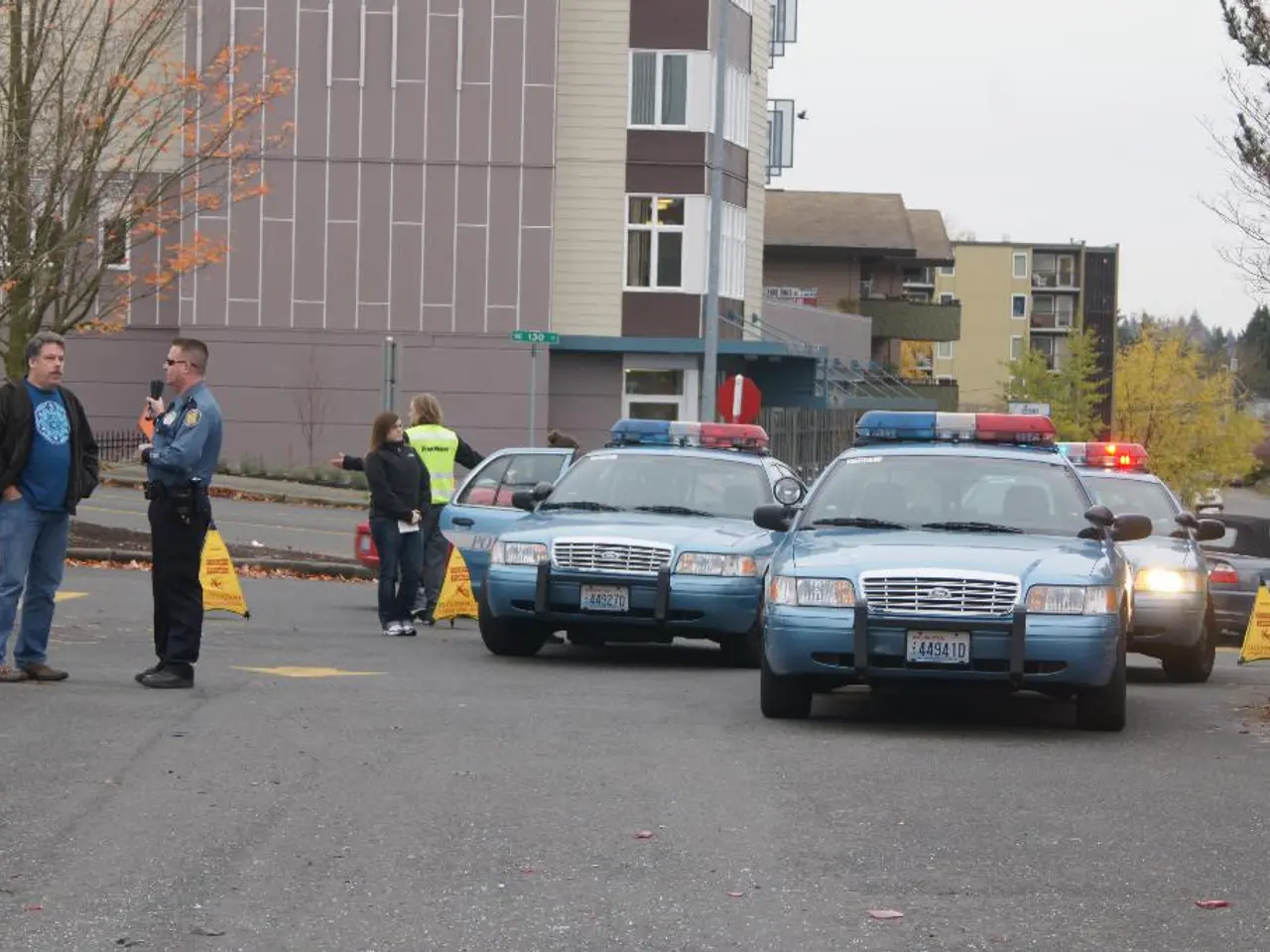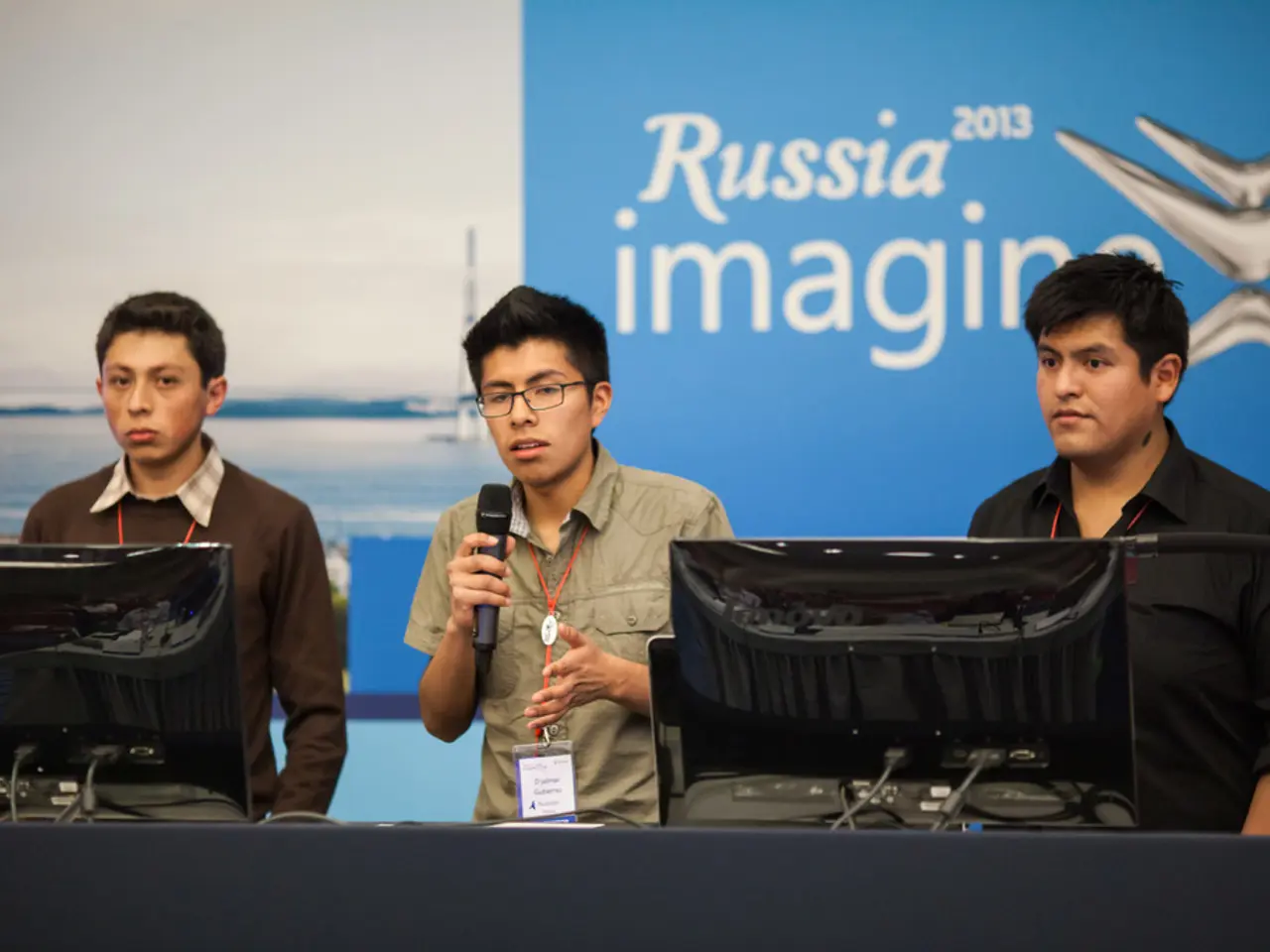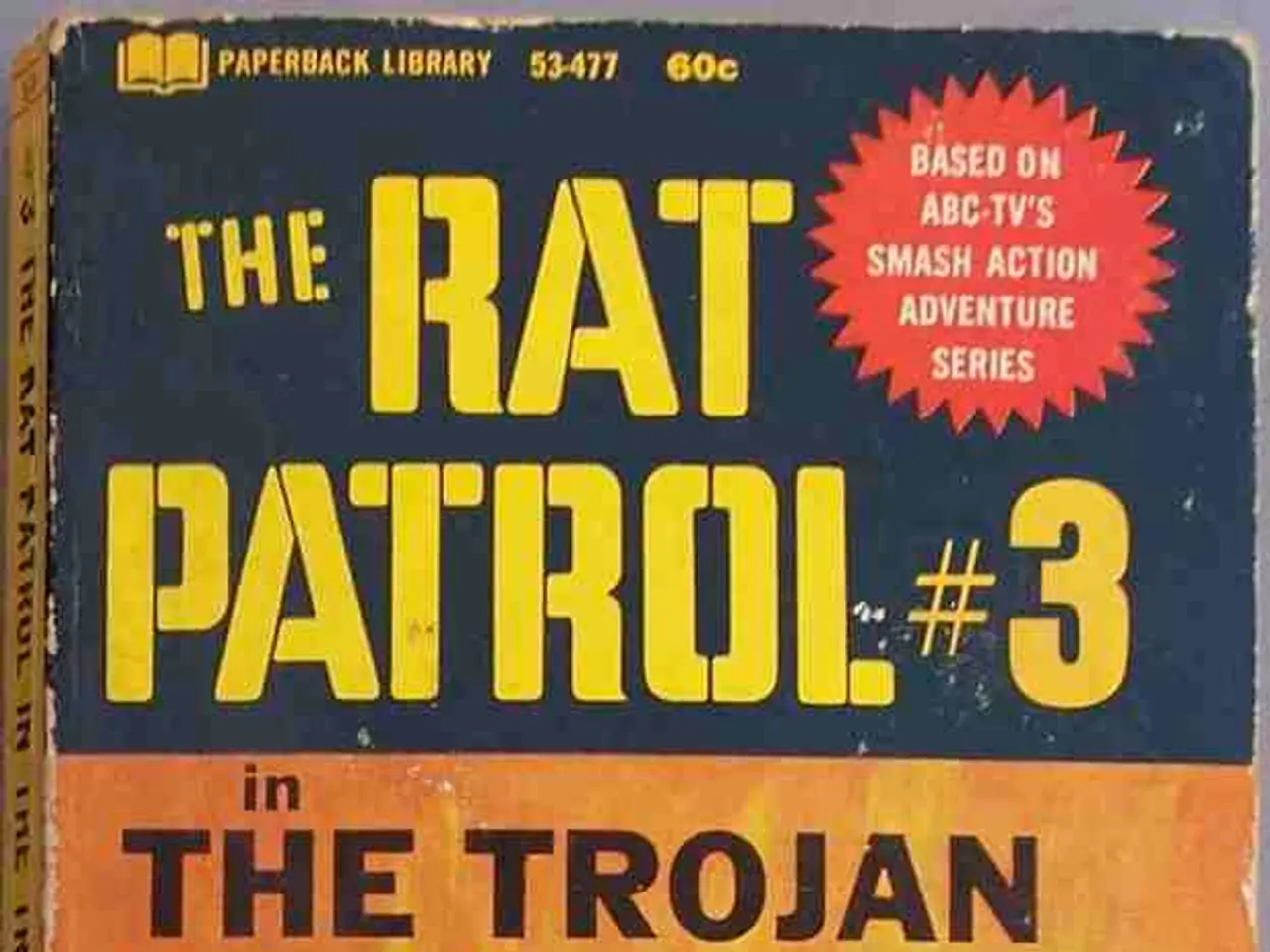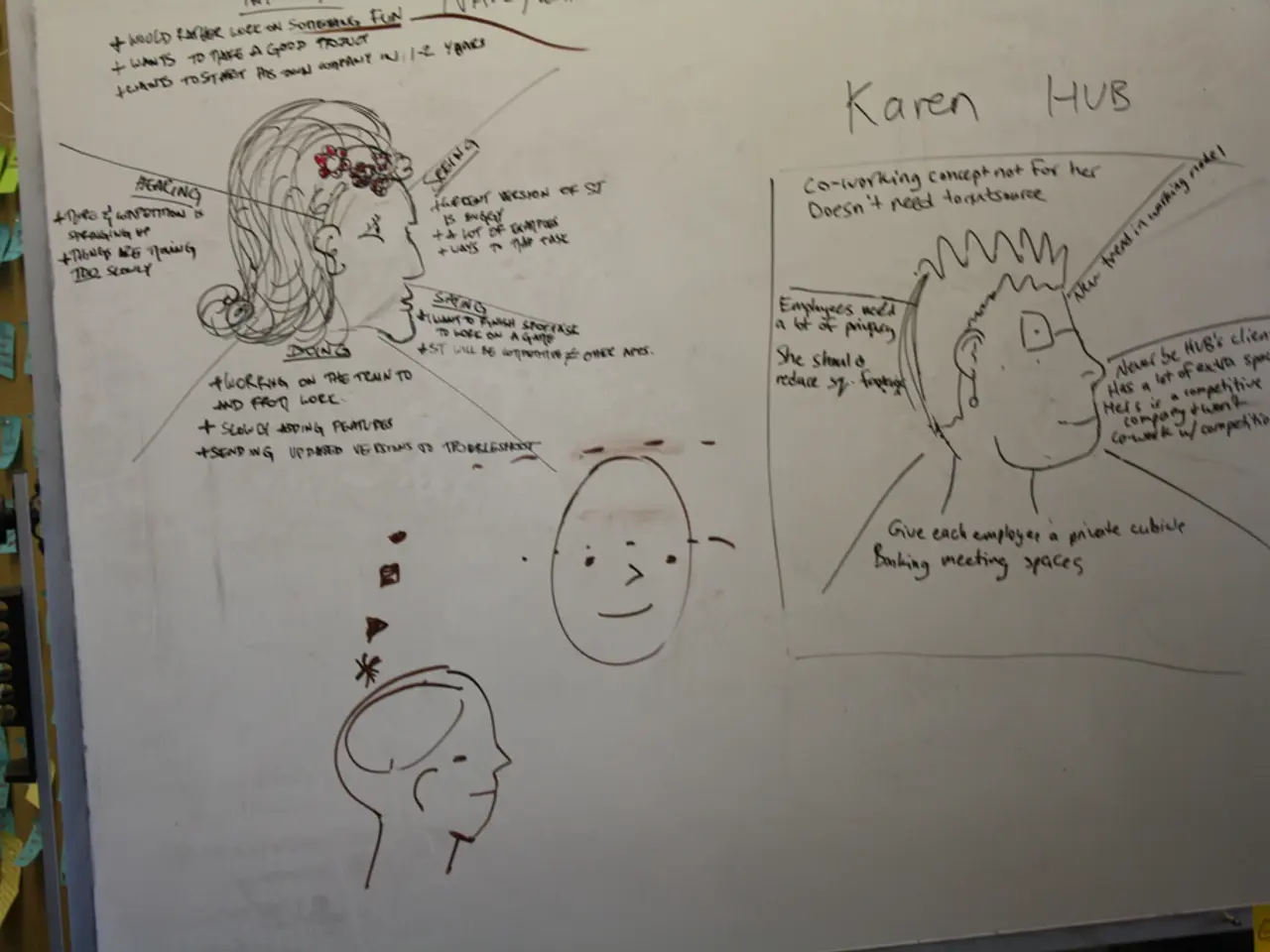Allegations of Inhumane Treatment of Uyghurs by China Unveiled in the U.S.: Includes Organ Harvesting, Mass Rapes, and Cultural Suppression
In the face of ongoing atrocities against the Uyghur community in Occupied East Turkistan (Xinjiang), the international community's response has been a complex mix of condemnation, sanctions, and legislative actions, while also being marked by geopolitical divisions and ongoing calls for stronger intervention.
Leading the call for action is Tursunay Ziyawudun, a concentration camp survivor, who urged the global Uyghur diaspora to take a stand against the ongoing atrocities. Amanisa Mukhlis, Director of Family and Women's Affairs at the East Turkistan National Movement (ETNM), spoke about the atrocities against women and children, including forced sterilizations, abortions, and rape.
Hudayar, the Foreign and Security Minister of the East Turkistan Government in Exile and leader of the ETNM, condemned recent meetings between US Ambassador to China Nicholas Burns and Chinese officials accused of complicity in genocide. The Uyghurs, East Turkistanis, and their American allies held a rally outside the White House on July 6, 2022, demanding urgent action.
The rally, organised by the East Turkistan Government in Exile, the ETNM, the Parliament in Exile, and the East Turkistan National Fund, opened with both the US and East Turkistan national anthems. The event called for the US to recognise East Turkistan and end all cooperation with the Chinese regime. Retired US China strategist Major Ben Lowsen appealed directly to the United States and the free world to understand the truth about East Turkistan.
The rally ended with chants urging the US government to apply the Captive Nations Law, recognise East Turkistan as an occupied country, and end China's genocide.
On the diplomatic front, the United States was the first country to officially declare China’s actions in Xinjiang as genocide in January 2021. Following this, lawmakers in Canada, the United Kingdom, Lithuania, the Netherlands, and France have adopted motions or resolutions labeling the treatment of Uyghurs as genocide or similar severe human rights violations. Other countries, including New Zealand, Belgium, and the Czech Republic, have condemned the abuses as crimes against humanity.
Western countries, including the U.S. and the EU, have imposed sanctions on Chinese officials and entities involved in the repression, starting notably with the EU’s 2021 sanctions. The United States passed the Uyghur Forced Labor Prevention Act, which effectively bans imports from Xinjiang associated with forced labor. The UK has proposed fines for companies that fail to verify their supply chains are free of forced labor, and the European Parliament has urged member states to ban such imports.
However, many countries with strong economic or strategic ties to China, including several Muslim-majority nations like Pakistan and Saudi Arabia, have either remained silent or actively defended China, describing Xinjiang as an internal matter and opposing the politicization of human rights. In June 2022, about 60 countries signed a statement backing China’s position, frustrating rights groups and Uyghur advocates.
The UN human rights office has called on China to release detainees and provide information about missing persons. In 2022, the UN Human Rights Office reported that China's actions may constitute crimes against humanity, though it stopped short of officially calling it genocide. Attempts to pursue international legal action, such as at the International Criminal Court, have been hindered by jurisdictional limitations since China is not a party to the ICC statute.
In summary, while there is significant international recognition of the atrocities and some concrete measures such as sanctions and import bans, the global response remains uneven due to geopolitical interests. Uyghur activists and supporters continue to press for stronger, unified global intervention and accountability, including at high-profile demonstrations like the recent rally outside the White House.
- Tursunay Ziyawudun, a concentration camp survivor, spoke about the need for a united global stance against the ongoing atrocities towards the Uyghur community in Occupied East Turkistan (Xinjiang), urging the global Uyghur diaspora to voice their opinions in the face of history being written in war-and-conflicts.
- During a rally demanding urgent action, Major Ben Lowsen, a retired US China strategist, called for political leaders to consider the general-news surrounding the treatment of Uyghurs as genocide, emphasizing the importance of understanding and addressing history's darker chapters in our modern politics.
- In the face of geopolitical divisions and ongoing calls for stronger intervention, countries like the United States, Canada, the United Kingdom, Lithuania, the Netherlands, and France have labeled the Uyghur's treatment as genocide or similar severe human rights violations, setting an opinion on war-and-conflicts that crime-and-justice must address.
